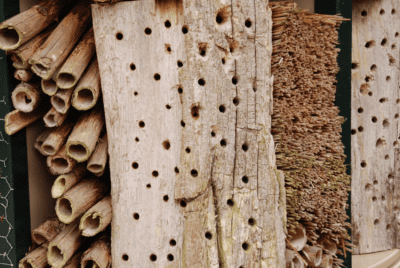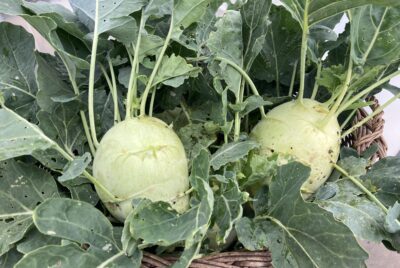RESEARCH
Promoting Sustainable Well-Being Through Nature-Based Interventions for Young People in Precarious Situations: Implications for Social work. A Systematic Review
Summary
This study looked at how nature-based activities can help young people facing tough times improve their well-being in a way that lasts. The researchers did this by looking at a large number of existing research papers to see what kind of nature activities have been used and what effects they had. They searched online databases for studies published in English that focused on programs where young people spent time in natural environments like parks, gardens, farms, or wilderness areas. The young people in these studies were in “precarious situations,” meaning they were dealing with things like mental health issues, family problems, difficulties in school, or unemployment. The researchers then carefully selected 49 relevant studies to analyze in detail, looking at what activities were involved, who the young people were, and what kind of well-being changes were reported.
The study was interested in the idea of “sustainable well-being,” which means that improvements in well-being should also consider the environment and society. To understand how nature activities contribute to this, the researchers used a model called “Having-Doing-Loving-Being”. This model looks at how well-being is connected to having access to nature, doing meaningful activities, feeling connected to others and nature, and generally feeling healthy and having a purpose in life. The researchers wanted to find out what specific nature-based activities were used for young people in difficult situations, what kinds of well-being improvements were seen, and how these activities could lead to lasting positive changes. The nature-based interventions studied included things like wilderness therapy, working with animals, outdoor adventures, gardening, care farming, and environmental conservation.







